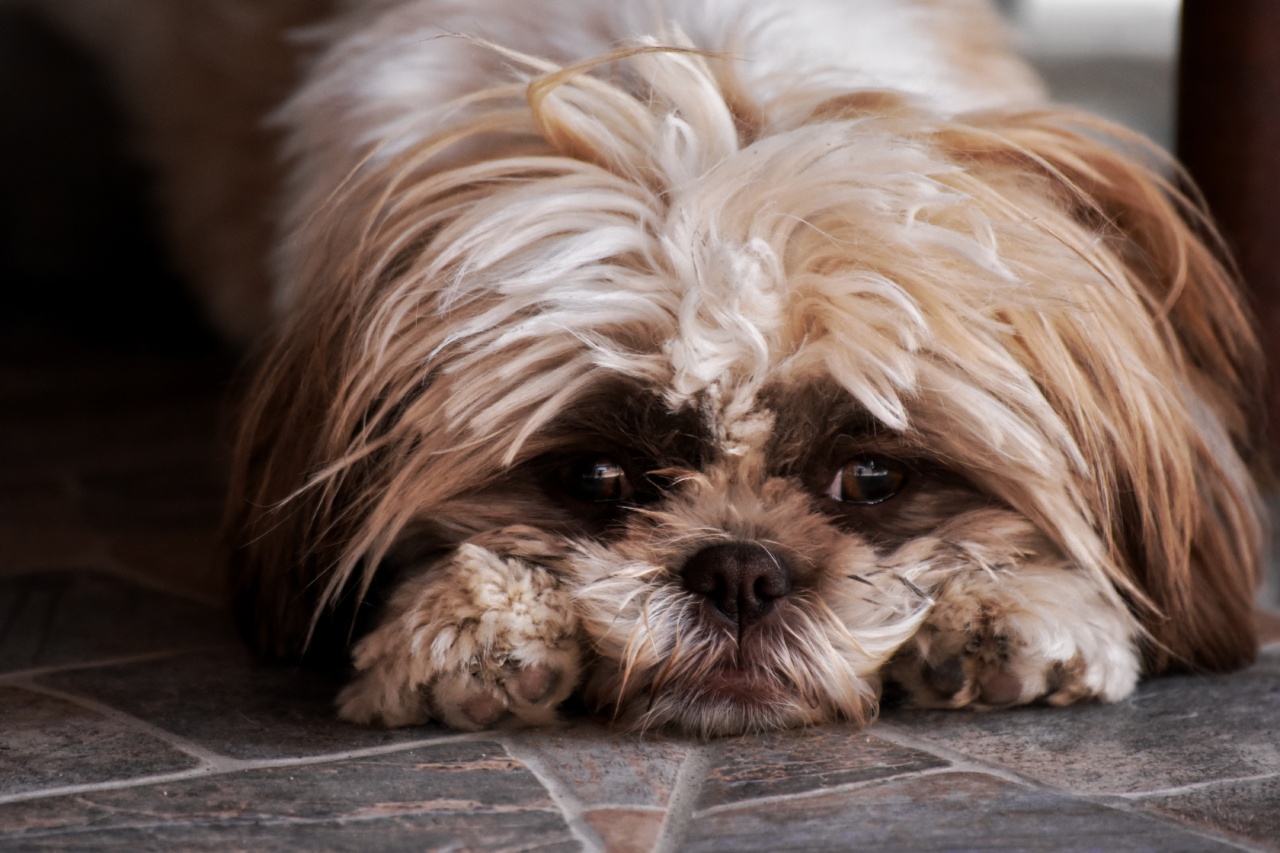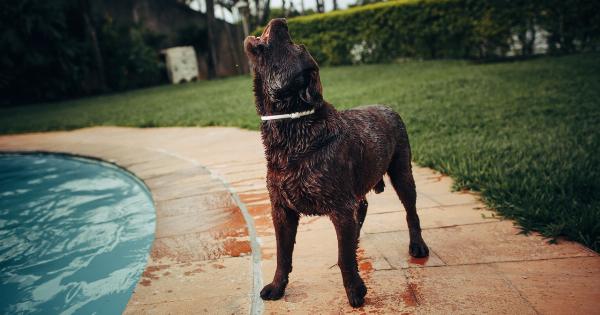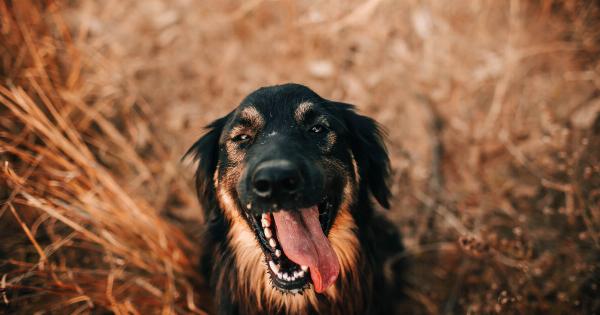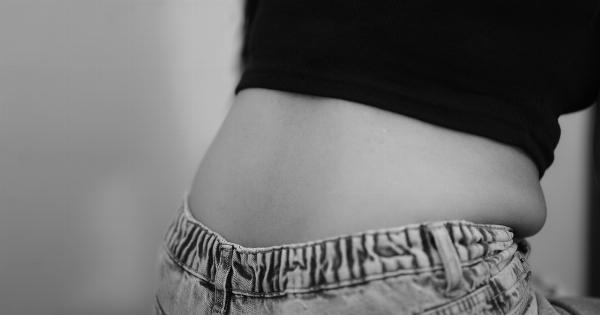Welcoming a new puppy in your life is a joyous moment for every pet owner. However, puppies come with a lot of responsibilities, including house training. One of the common problems that pet owners encounter during dog training is bedwetting.
Many pet owners ask the question, is my puppy’s bedwetting behavior normal?.
What is Bedwetting?
Bedwetting is a medical condition that is common among puppies and young dogs. It’s also known as urinary incontinence, which is the unintentional passing of urine.
Urinary incontinence can occur during the day or night and affects both male and female dogs.
Why do Puppies Wet the Bed?
Puppies wet the bed for various reasons. It’s essential to understand why your puppy is bedwetting to determine whether it’s normal or requires medical attention.
Age
Age is a significant factor when it comes to bedwetting in puppies. Young puppies do not have complete control over their bladder and will often pee involuntarily.
Puppies are also unable to hold their bladders for an extended period, needing frequent potty breaks. Therefore, bedwetting in young puppies is normal and expected. However, as puppies grow older, they should learn to control their bladder and avoid bedwetting.
Medical Condition
If your puppy is older than six months and still struggles with incontinence, it could be a sign of a medical condition. Medical conditions that cause bedwetting in puppies include urinary tract infections, kidney disease, and bladder stones.
Therefore, if your puppy regularly wets the bed, it’s essential to seek medical attention from a veterinarian.
Stress and Anxiety
Puppies can be affected by stress and anxiety, leading to incontinence. New environments, loud noises, and separation from their pet parent can cause puppies to feel anxious and vulnerable, leading to bedwetting.
To prevent bedwetting caused by anxiety, make your puppy feel loved, and secure.
Diet
A puppy’s diet is essential, as it can affect their bladder control. Feeding your puppy the wrong type of food or feeding them at the wrong time can cause bedwetting. Puppies should also have access to water regularly, but not too close to bedtime.
Potty Training
The lack of proper potty training can lead to bedwetting in puppies. Potty training should begin as early as possible, and pet owners should be consistent in showing the puppy where to pee and poop.
Providing rewards for successful potty training can also encourage the puppy to avoid bedwetting.
Conclusion
Puppies are adorable, but they come with a lot of responsibilities, including house training. Bedwetting in puppies is normal, especially in young puppies who haven’t learned bladder control.
However, if bedwetting persists in older puppies, it could be a sign of a medical condition that requires attention. By understanding the causes of bedwetting in puppies, pet owners can prevent the behavior and ensure that their puppy has a healthy and happy life.































